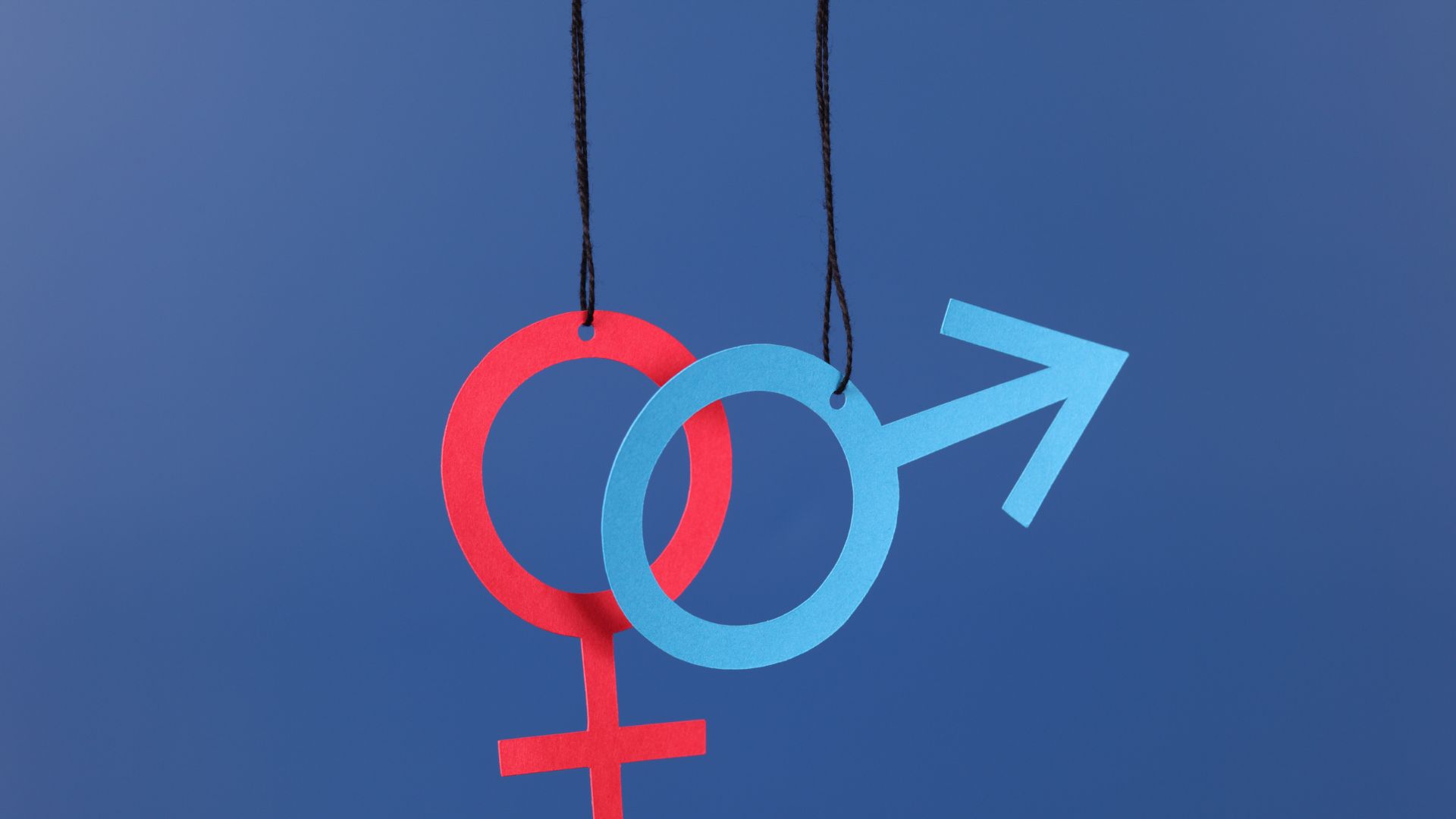Substance abuse disorders affect every individual differently. For this reason, treatment programs are most effective when they offer care tailored to individual needs. Patients seeking this type of personal, individualized treatment may consider treatment with gender-specific programs.
Addiction can cause a variety of negative effects on an individual’s life, impacting daily life like work, family life, and social situations. Professional treatment for substance abuse and addiction is necessary to discover the underlying issues of addiction. Gender-specific treatment programs offer special care for the issues that both men and women face in their personal and professional lives.
Gender-Specific Treatment Programs
Gender-specific drug and alcohol treatment programs are designed to treat men and women in a specialized and comfortable environment.
Removing Distractions
Gender-specific treatment programs remove some of the distractions that may arise in combined treatment programs. Not only that, but patients tend to feel more comfortable and focused as they recover around their peers. Clients are able to share and relate over experiences specific to men and women.
Addressing Unique Issues
Men and women may have very different feelings about seeking treatment for drug or alcohol abuse. Often times, men and women have different issues to deal with in therapy and counseling sessions. Men and women also differ in the frequency of relapse, as well as circumstances resulting in relapse. This evidence suggests that men and women may require specific treatment types to help them recovery and maintain wellness in normal life.
Treatment Programs for Women
Women have their own specific needs it comes to seeking treatment for drug and alcohol abuse, which makes women-specific programs a good option. Women are able to communicate with one another regarding things like motherhood, workplace dynamics, and relationship and family life.
Addressing Body Image and Self-Esteem
Women are more likely to have body image issues as well. These issues are often addressed in therapy as part of their treatment process. Because body image issues usually involve a women’s sense of self-worth, self-esteem, and value, female patients may not feel comfortable discussing these topics in a group including men. A treatment group with women suffering from similar issues creates an atmosphere that encourages open and honest communication.
Creating an Environment of Safety
The women entering treatment due to addiction after a traumatic event might also benefit from gender-specific programs. Women who have experienced verbal, physical, or sexual assault by men may not feel safe discussing these events in a group with men.
Mothers who are suffering from addiction will also benefit from sharing experiences with other mothers. Culturally, women are the caretakers of the home and family. It can be difficult to be away from children during treatment, but with the support of other women and professionals, women are able to talk about what it means to have lived with an addiction while trying to care for their children.
Support for Healing
In gender-specific treatment, women will receive unconditional love and support while gaining the life skills they need to lead a successful life in recovery. Men and women recover differently, which is why this type of programming is most effective. Women thrive in a safe space to empower one another, build a support system, develop friendships, and address gender-specific issues in an understanding environment.
Treatment Programs for Men
Men usually come to treatment with certain specific needs due to their own cultural roles. Unfortunately, men are weary to enter treatment because it seemed to them to be a sign of weakness. Obviously, this is certainly not the case. Men tend to feel ashamed and helpless because they cannot overcome their addiction alone.
Certain therapy methods tend to be more helpful to men than others. For example, men usually respond better to treatment methods that addressed specific thought patterns and behaviors. Talking through issues and introspection is often less helpful for men. Men also may require extra time to be comfortable revealing their emotions in individual or group settings.
Addressing Past Sexual Abuse
Often times, male sexual abuse are overlooked in traditional treatment settings. These sensitive issues can be handled more openly and honestly in a single-gender setting. Gender separate program allows an understanding environment for men to gain tools, build friendships, and develop a support network for a lasting recovery.
Fighting Negative Gender Stereotypes
Men can sometimes find it difficult to admit they have lost control over their drug or alcohol use. Given the cultural expectation, reluctance is understandable. Addiction treatment provides professional treatment and support to men who are struggling. Gender-specific treatment for men caters specifically to the physiological, psychological, and emotional needs of men.
Treatment for All
The decision for anyone to get help for a substance abuse issue is a significant one that should not be taken lightly. Treatment for recovery is a major lifestyle change that takes time for adjustment. Men and women will have to learn new ways to deal with the stressors of life and putting trust into sobriety. Gender-specific treatment programs make this transition to recovery more comfortable for both men and women.
START YOUR JOURNEY WITH
SAFE HARBOR HOUSE
(310) 861-4157
Contact Us Today
Verify Your Insurance




